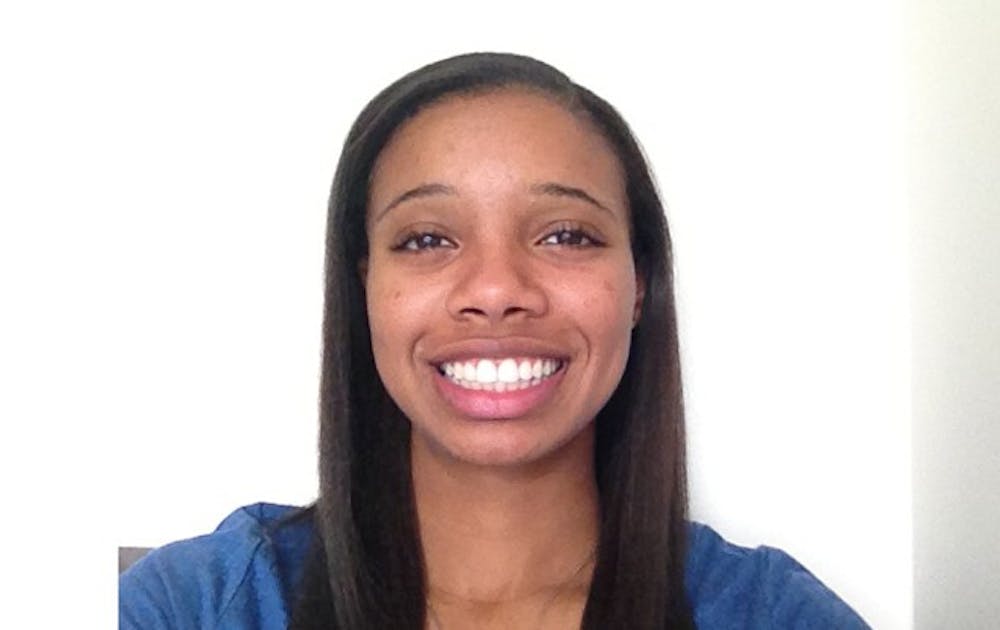Tianna Spears, a junior at North Carolina State University, started the Beautiful Pain Movement—a support group for women who have had abortions, as well as for their friends and family—in September. After running the support group for five weeks, Spears is angling to make the program into a club in order to continue open dialogue about abortions on campus. The Chronicle sat down with Spears to discuss the Beautiful Pain Movement, what influenced her to create the support group and how it was received on campus.
The Chronicle: To begin, can you talk generally about what the Beautiful Pain Movement is and what you hope to achieve?
Tianna Spears: It’s a support group that started in September and we are looking to expand. The group is for post-abortion—either for people who have been through it or know a friend or relative who has. The main thing about our group, which I love, is that we have no opinions on political background or religion and do not make a pro-choice or pro-life stance. The group really is about who you are and not about what you believe in. What I hope to accomplish is to touch the lives of many people. I know this is a huge issue for women and men and I just want to be able to help people though this tough time or be able to help their friends and family.
TC: How many times have you met as a support group and how many people have attended?
TS: We started meeting September 22 and finished the program on October 20—it was just a five-week program. We had a couple of people show up, but we are still looking to increase the word about the support group. We also understand, however, that it’s a sensitive topic so it’s going to take time. Even though we only had a couple of people show, I still feel it’s successful because people know the group is here if they need help or assistance.
TC: Were members typically people who had received abortions or people who knew someone who had received an abortion?
TS: It was a pretty even mix of both people who have either had an abortion or knew someone who did.
TC: What were some of the general topics discussed?
TS: Each week we focused on a different topic. The first week we just tried to establish a trusted environment. I want people to know that they can trust me and that everything in our group is confidential. So we just tried to bring people closer together and then from there, we discussed what happened—the stories that brought them here. From there, we went over healing and recovery steps and things they can do later—where they hope to go from here and looking forward to the future.
TC: Why did you set up just as a five-week program?
TS: We just wanted to make it available for people and then based on our feedback we would build from there. I’m looking to start a club—[the University of North Carolina at Chapel Hill] actually beat us in doing so, but we are looking to grow from here on out by starting a club at N.C. State next semester. I’m really just trying to get the word out because I really think this is needed in our community.
TC: What encouraged you to start the Beautiful Pain Movement at your university?
TS: One of my friends had an abortion about a year ago and I saw how difficult it was for her and how she didn’t have anyone to turn to, so I helped her get through that. Well, actually, I don’t know if anyone ever gets through it, but I helped her overcome the situation. I thought it would be good to have a support group for people who need help. It’s a sensitive issue so there isn’t a lot of support out there and people don’t really know where to go.
TC: You mentioned politics and religion can make discussion about abortion difficult. Can you talk a bit about your thoughts on these factors and how they played a role in you creating the group?
TS: When you watch the news, you see politicians argue about if they are pro-life or pro-choice and what women should do with their bodies. My organization aims to step back and help people—not put people in a category based on what they believe or want to do, but just try to accept people for who they are so we can move forward with helping them.
TC: Has there been any opposition to the movement?
TS: I haven’t received any negative feedback yet… I have received a couple of comments about how I need to choose a side regarding the pro-life and pro-choice movements but I don’t think I’m going to. I think the way to help people is to just accept them for who they are and eliminate any barriers that would prevent me from doing so. I want people to come in and be accepted for who they are. I don’t want to have the whole conversation on what they believe in—it’s better to just talk to them as a person.
Get The Chronicle straight to your inbox
Signup for our weekly newsletter. Cancel at any time.

